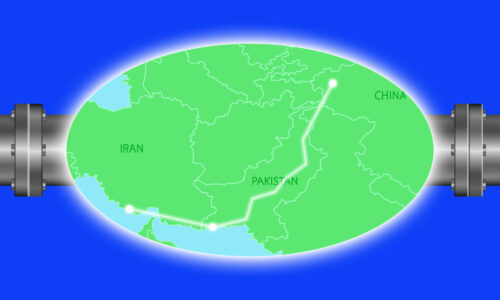Tanzania says no to China. Solomon Islands says maybe.
In a rare instance of public pushback against China by a developing country, Tanzania has rejected and revised five demands from China Merchants Holdings International, China’s largest port operator, to build a $10 billion port and economic zone at Bagamoyo. Meanwhile, the attorney general of Solomon Islands condemned a Chinese deal for exclusive development rights for the entire island of Tulagi, but it is unclear if this will lead to a cancellation of those plans.

Photo credit: The China Project illustration
“Tanzania is not messing around anymore”
In a rare instance of public pushback against China by a developing country, Tanzania has rejected and revised five demands from China Merchants Holdings International, China’s largest port operator, to build a $10 billion port and economic zone at Bagamoyo.
“Tanzania is not messing around anymore with China…by issuing a take-it-or-leave-it ultimatum. This is definitely something we don’t see very often, if ever, in the China-Africa relationship,” said Eric Olander of the Africa-China Project.
The five Chinese demands that Tanzania has rejected or made modifications to, according to the East African newspaper (of Kenya), are:
- A 33-year lease on the port instead of the 99-year one asked for;
- No tax holiday;
- No special rates for water and electricity;
- China Merchants cannot “start and run any other business they deemed necessary within the port without government’s approval and were open to scrutiny and regulation by relevant agencies in line with law like any other investor”;
- The government of Tanzania retains its right “to develop other ports to be in direct competition with Bagamoyo.”
A setback for Beijing in Solomon Islands
Beijing was recently dealt a separate setback in Solomon Islands, one of the larger Pacific Island nations that switched ties from Taipei last month.
The New York Times reported on October 16 that “a Beijing-based company with close ties to the Chinese Communist Party has secured exclusive development rights for the entire island of Tulagi and its surroundings,” sparking an uproar.
The NYT then reported that the deal has been condemned by the country’s attorney general, who “said…that the agreement should be terminated because it lacked vital details, such as timelines, and encroached on the powers of the national government.” However, some Chinese interests “may see this more as a temporary setback than a cancellation of their plans.”
Learn more about China’s role in the developing world: The ‘debt-trap diplomacy’ debate: Are China’s loans predatory?





